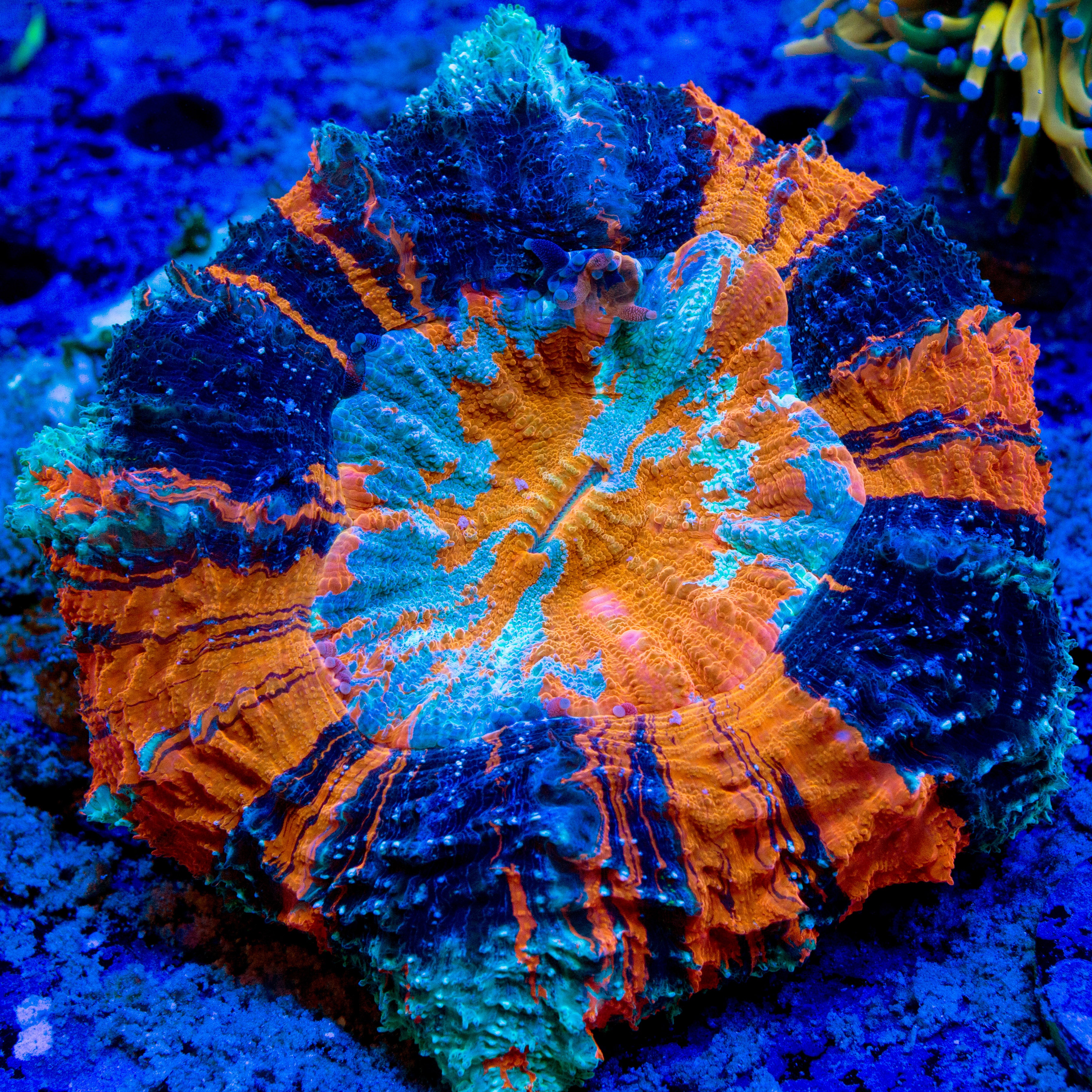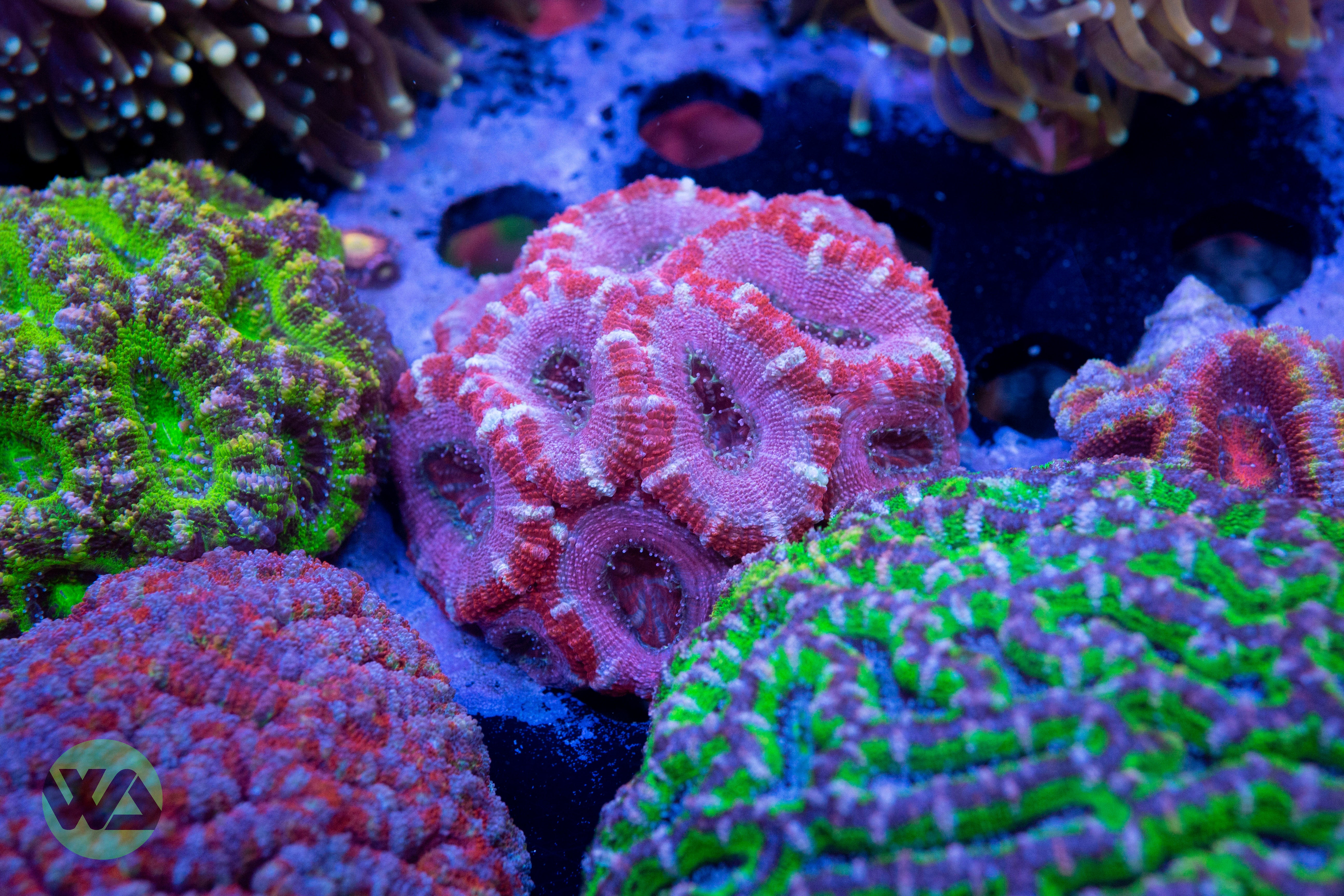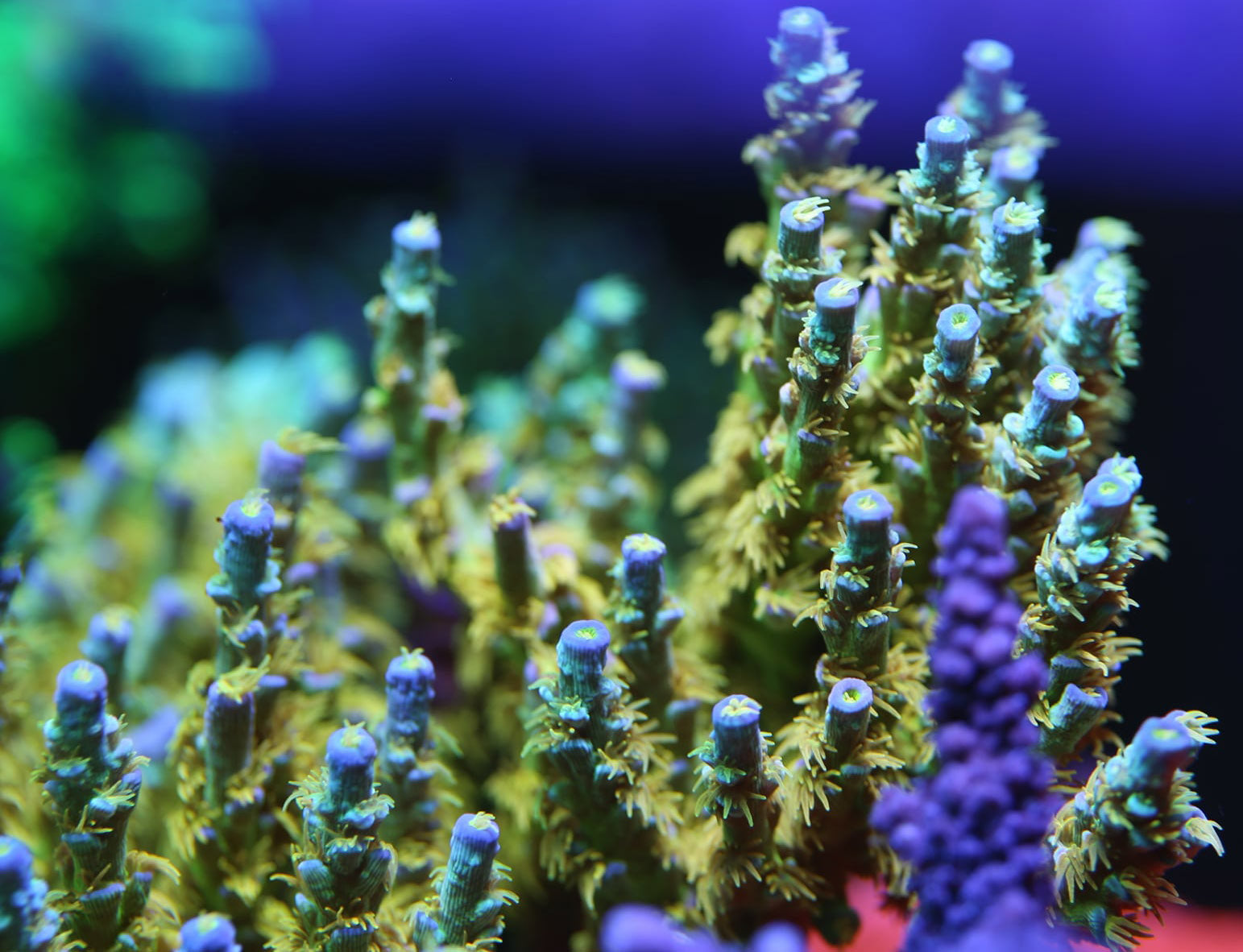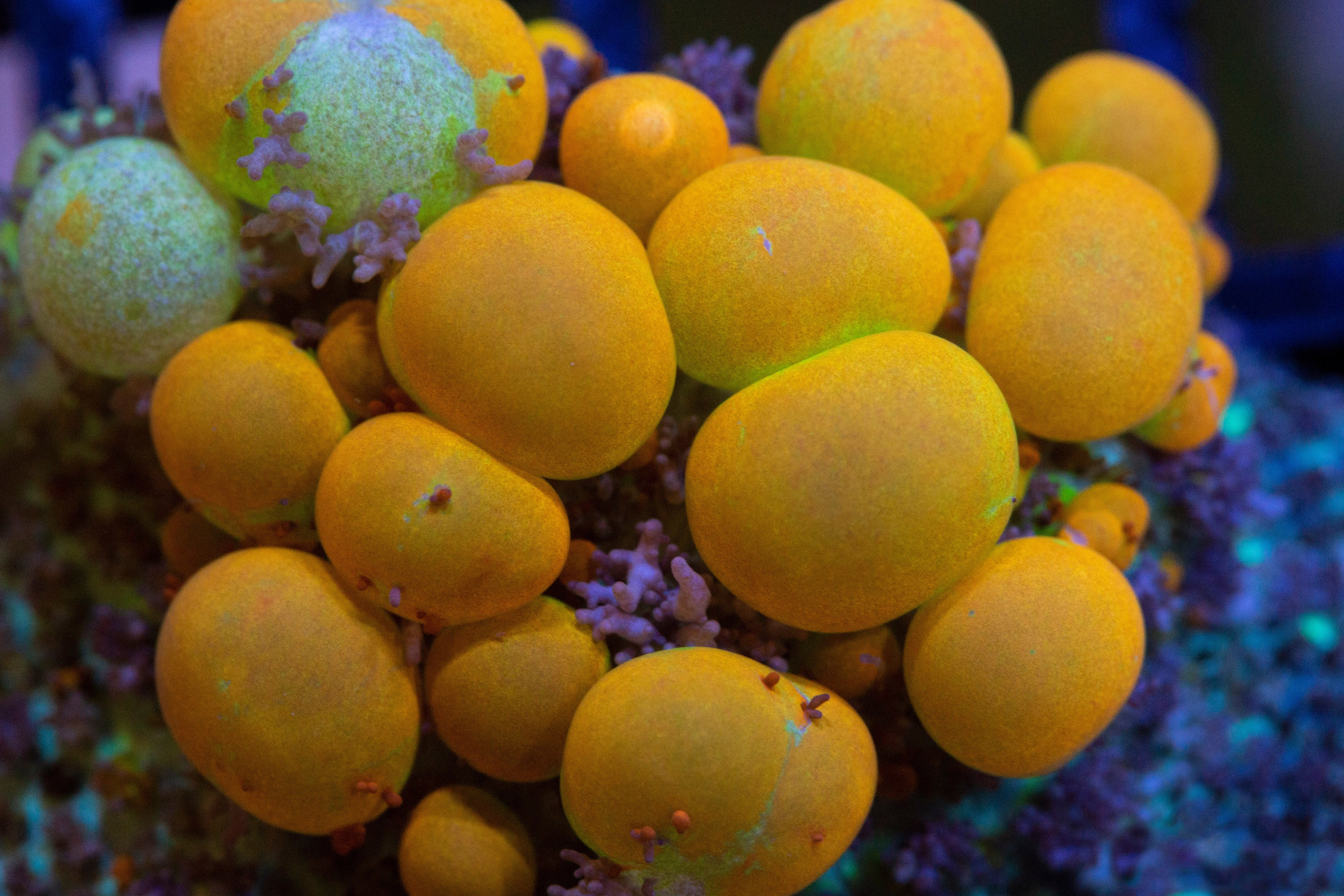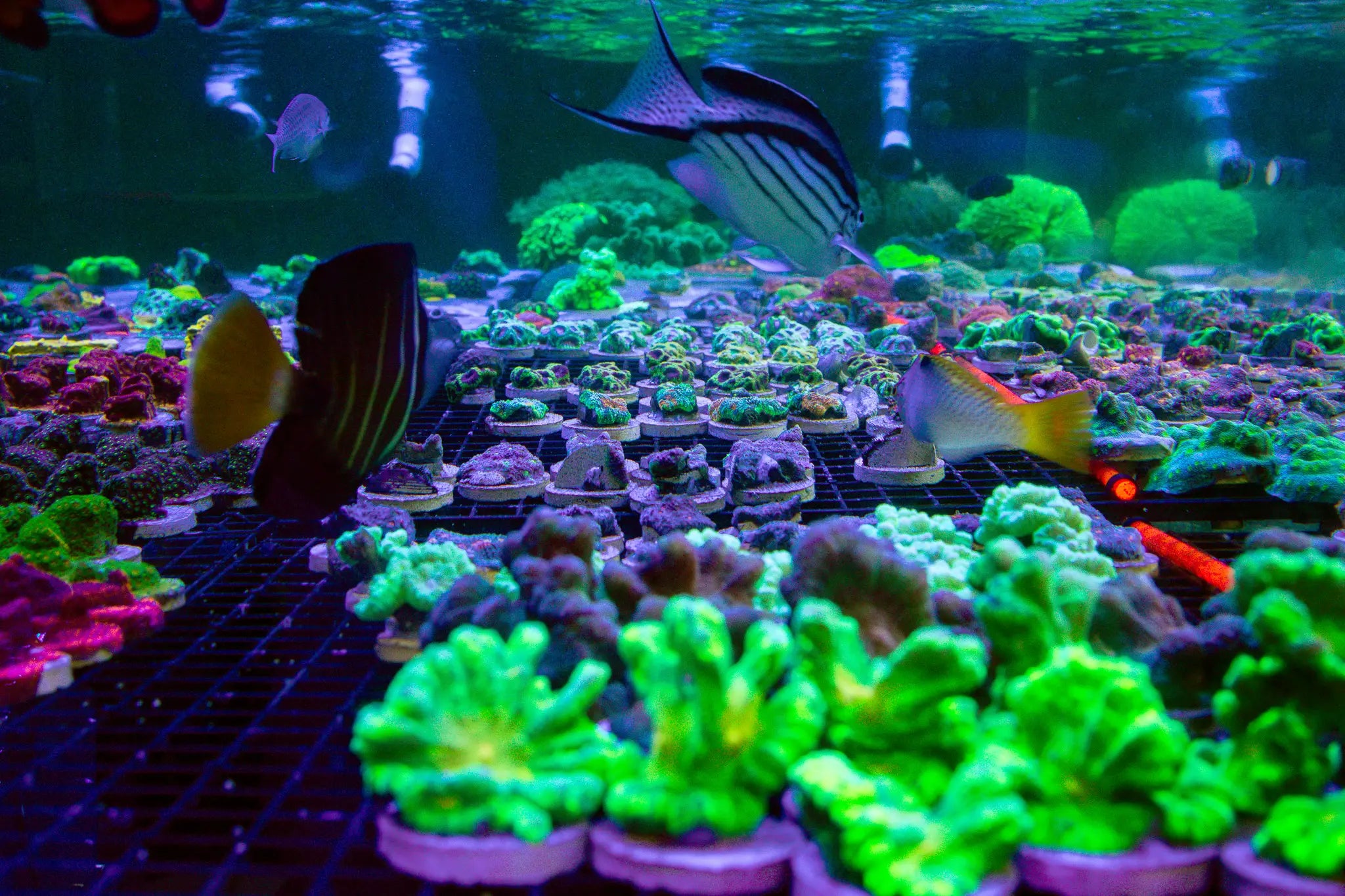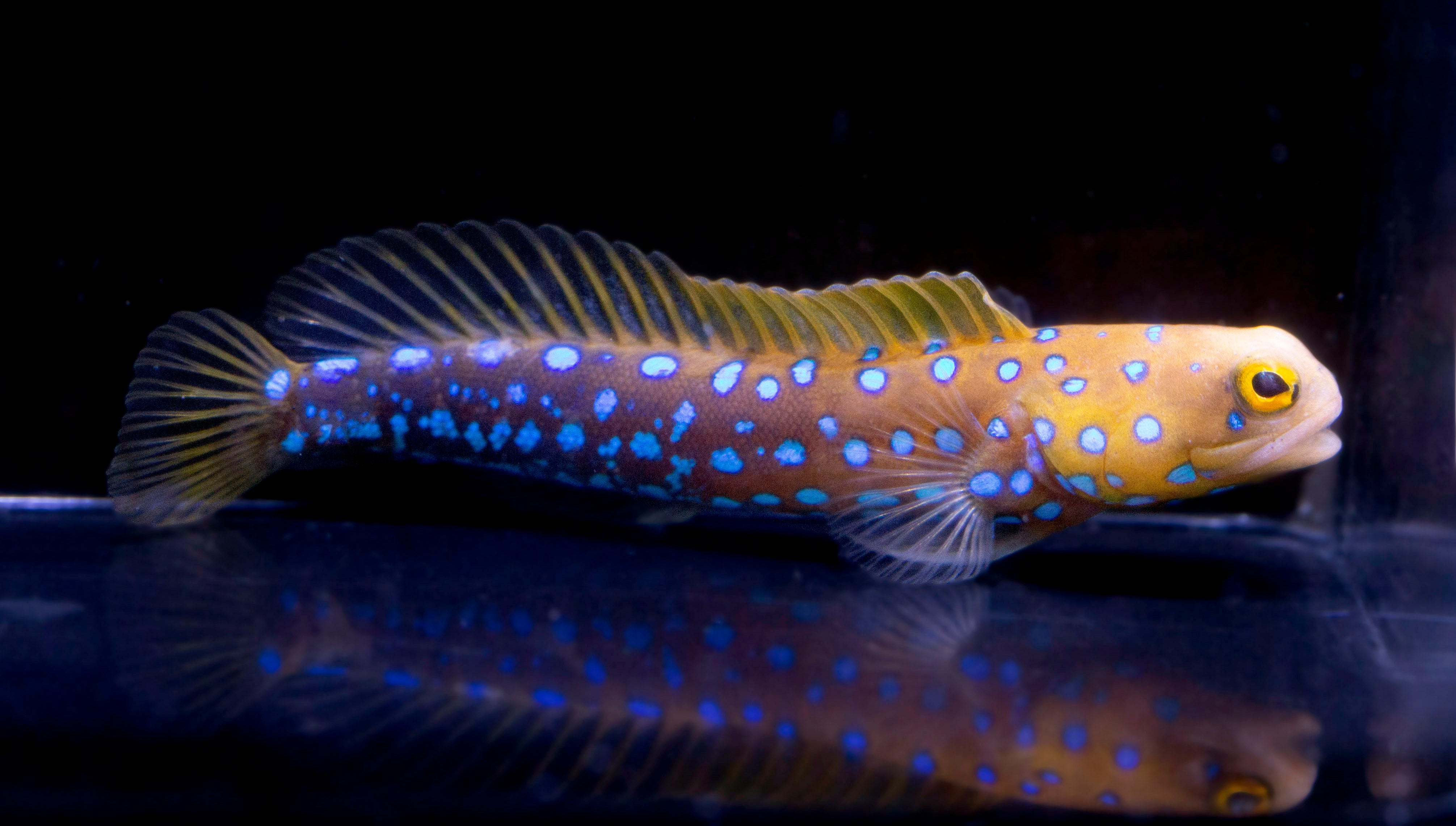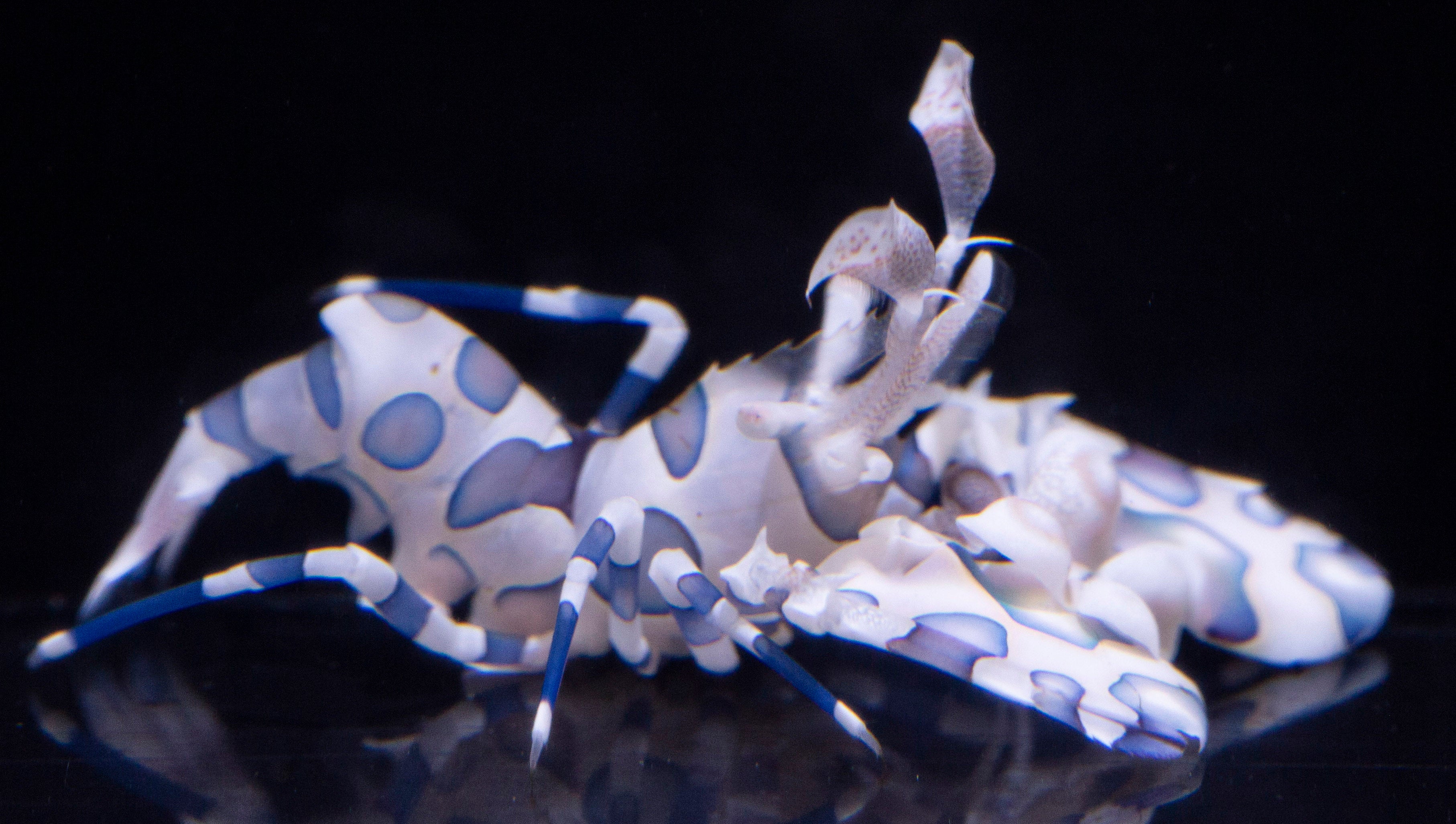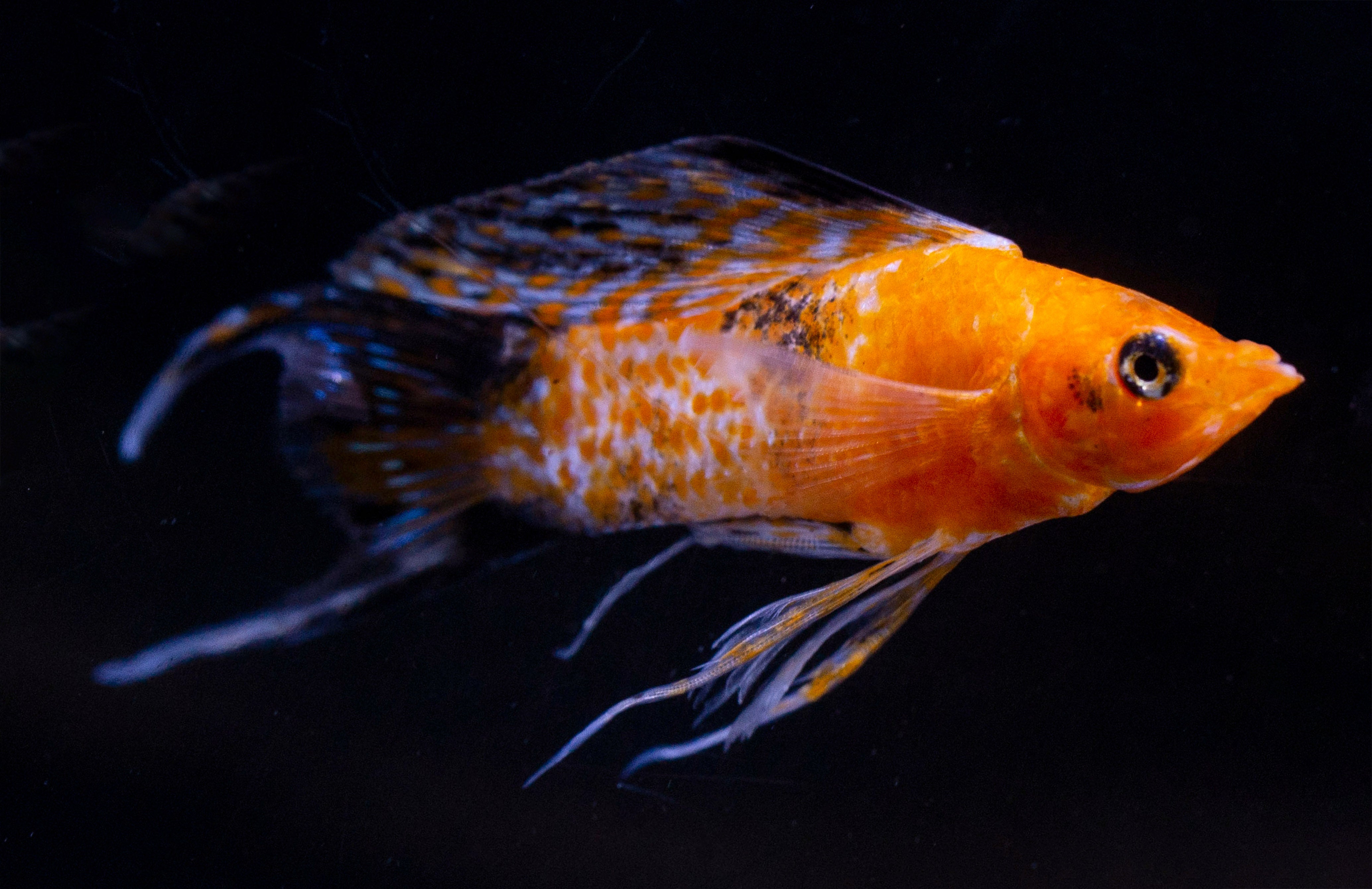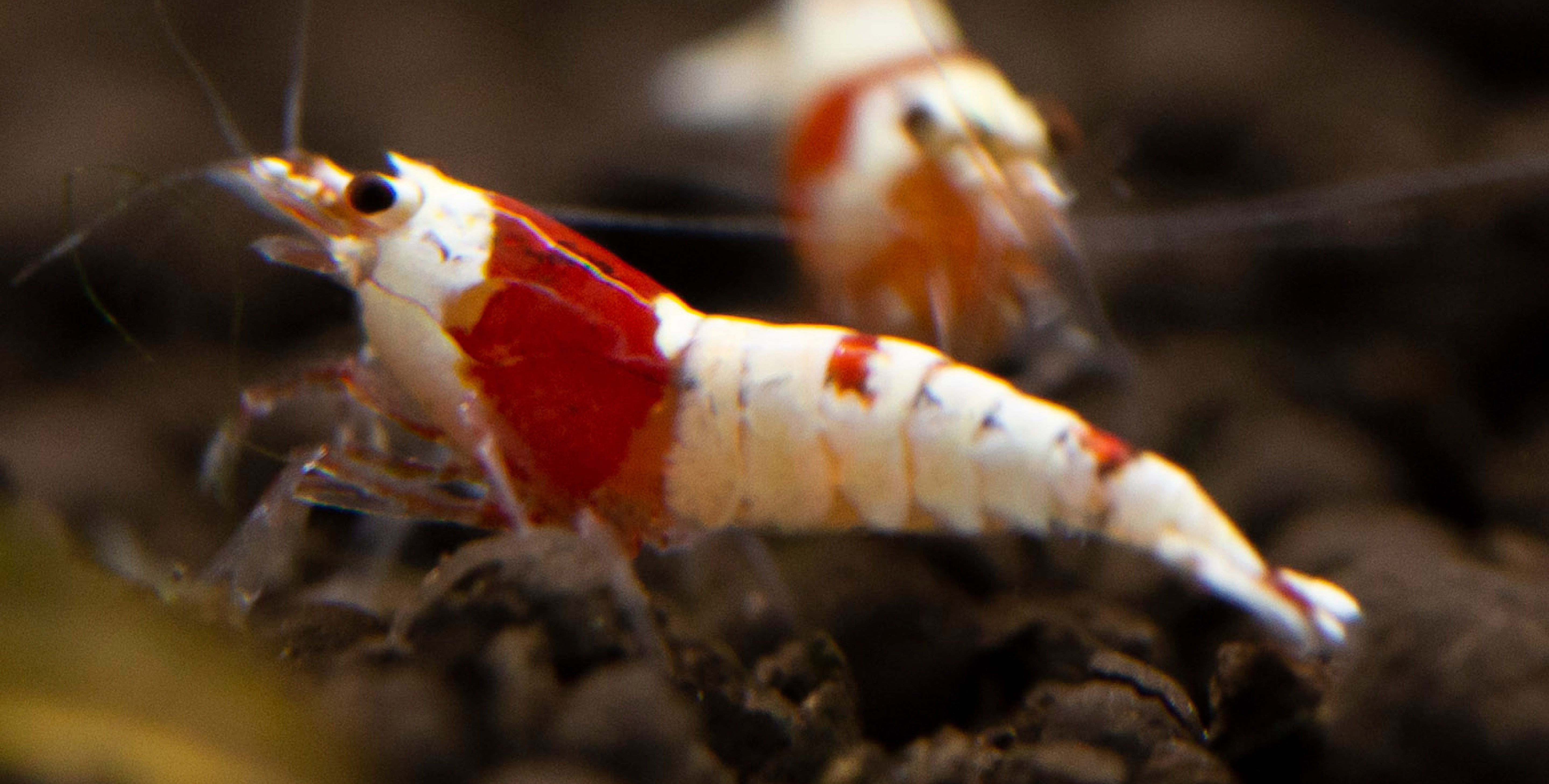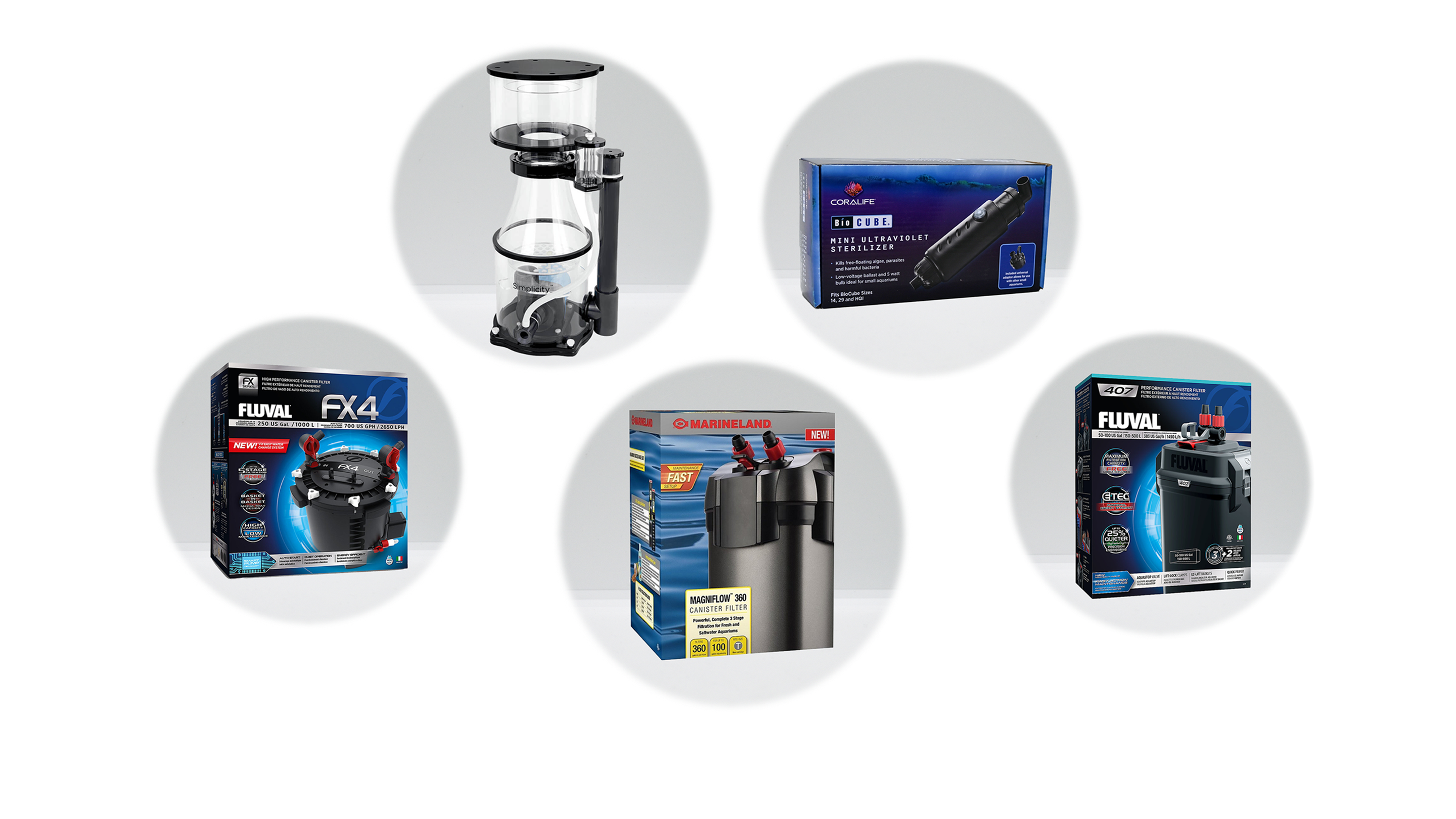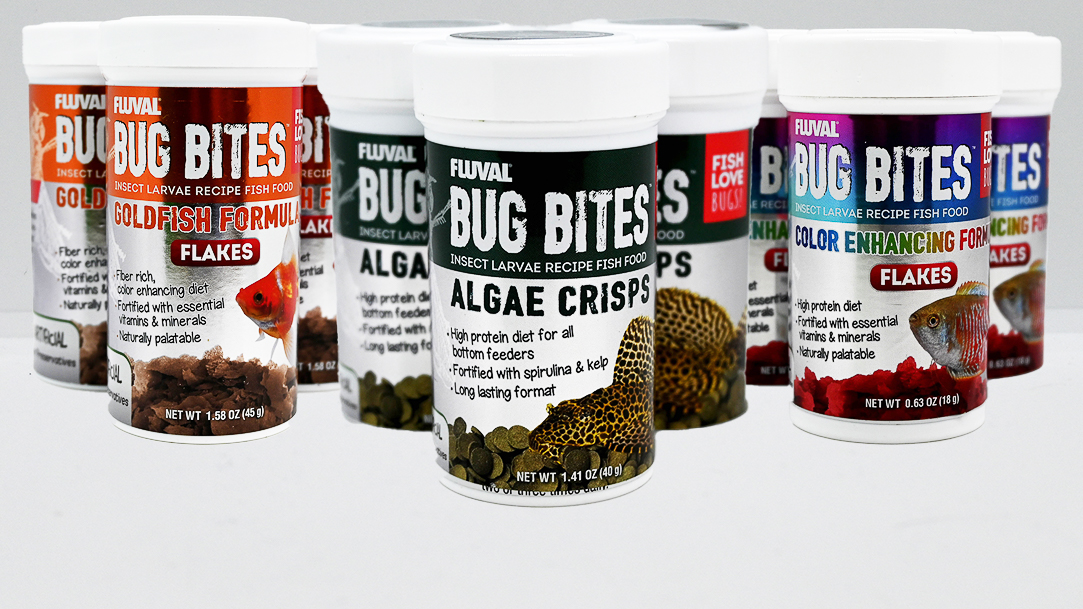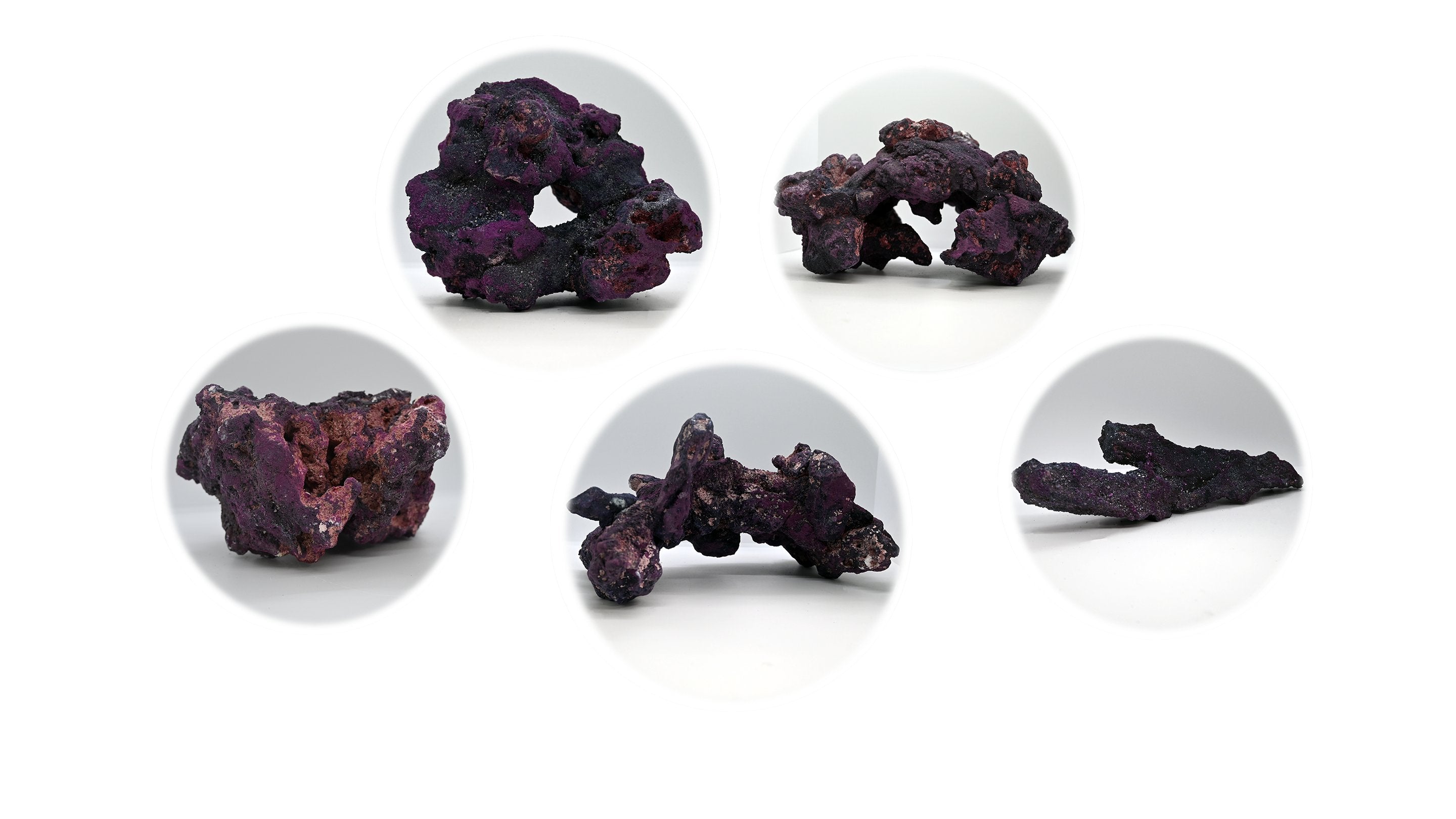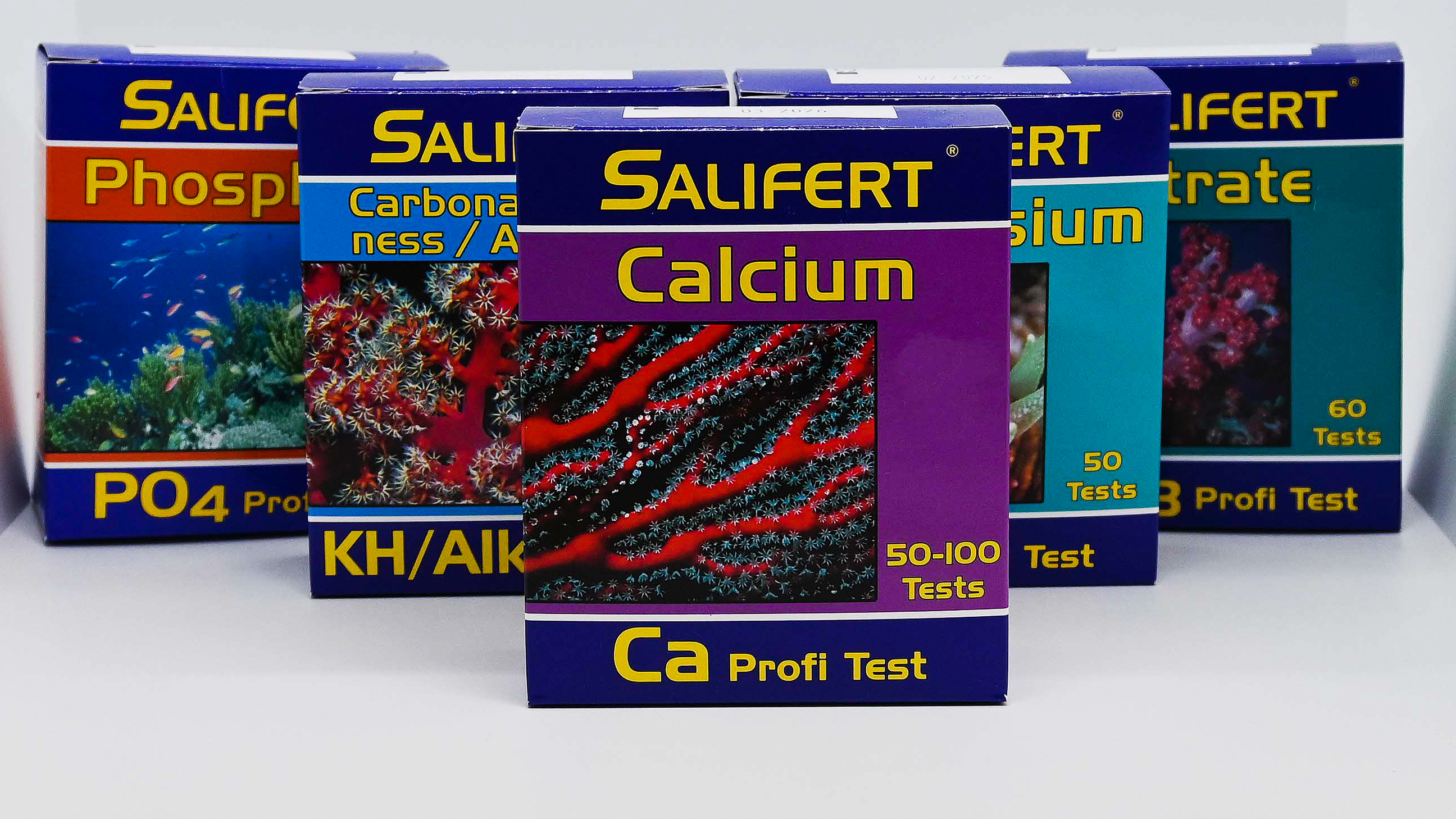Amano Shrimp - Caridina multidenata
- In stock, ready to ship
- Backordered, shipping soon
Amano Shrimp, also known as Japanese Shrimp or Yamato Shrimp, are popular freshwater invertebrates renowned for their algae-eating abilities and peaceful nature. They are often used in aquariums to help control algae growth while adding movement and activity to the tank.
Description:
• Common Name: Amano Shrimp, Japanese Shrimp, Yamato Shrimp
• Scientific Name: Caridina multidentata
• Family: Atyidae
• Size: Up to 2 inches (5 cm)
• Coloration: Transparent body with a light brown or grayish tint; features noticeable dark stripe along the back
Native Region:
Amano Shrimp are native to rivers and streams in Japan and parts of East Asia, where they are found in both freshwater and brackish waters.
Aquarium Setup:
• Tank Size: Minimum 10 gallons, though larger tanks are preferred for better environmental stability
• Substrate: Soft sand or fine gravel, but they will also thrive on planted substrates with plenty of hiding spots
• Plants and Decor: Live plants, mosses, and driftwood provide natural surfaces for grazing and hiding
Water Parameters:
• Temperature: 70-80°F (21-27°C)
• pH: 6.5-7.5 (neutral to slightly acidic)
• Hardness: Soft to moderately hard water (4-10 dGH)
• TDS (Total Dissolved Solids): 150-250 ppm
Care Level:
• Difficulty: Easy to moderate; ideal for both beginners and experienced hobbyists
• Diet: Primarily algae eaters; will also feed on detritus, biofilm, and leftover fish food. Supplement with algae wafers and blanched vegetables.
• Behavior: Peaceful and active; best kept in groups, often seen scavenging and interacting with each other
Additional Tips:
• Tank Mates: Ideal tank mates include peaceful fish and other shrimp species. Avoid keeping them with aggressive or overly large fish that might prey on them.
• Breeding: Amano Shrimp do not breed in freshwater; their larvae require brackish water to develop, making them difficult to breed in home aquariums.
• Maintenance: Regular water changes and stable parameters are essential to maintaining healthy shrimp.


